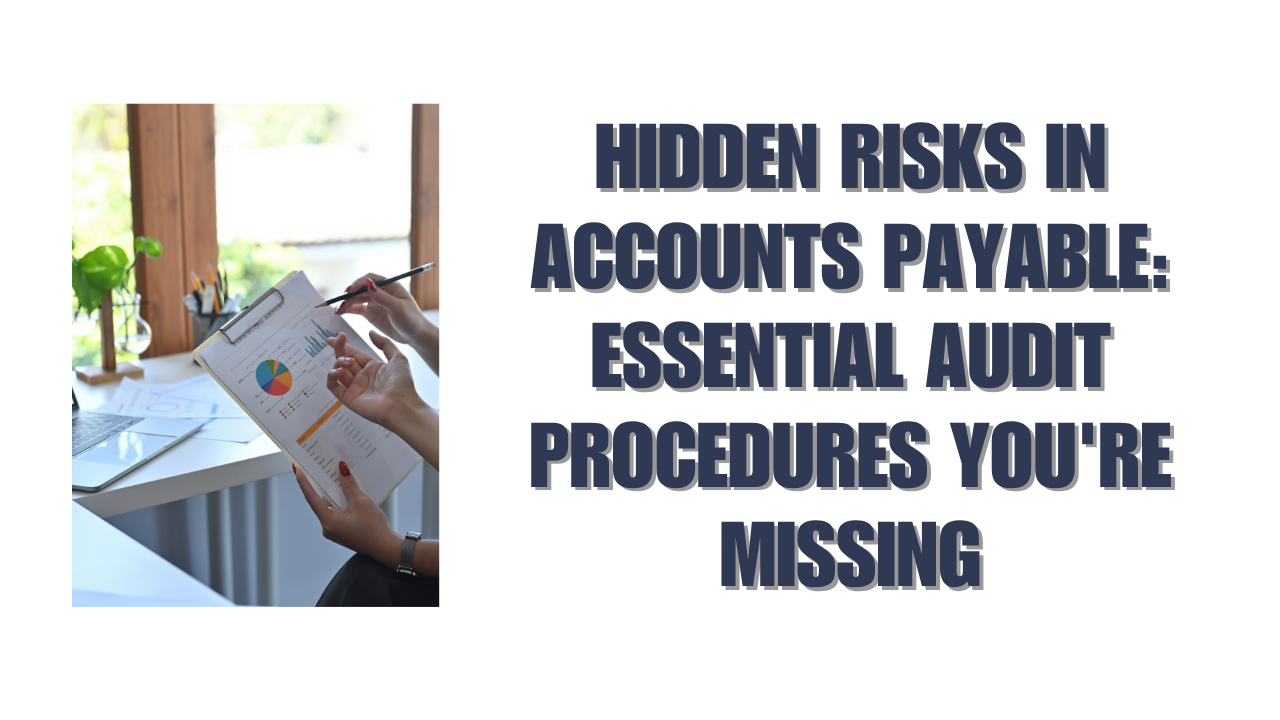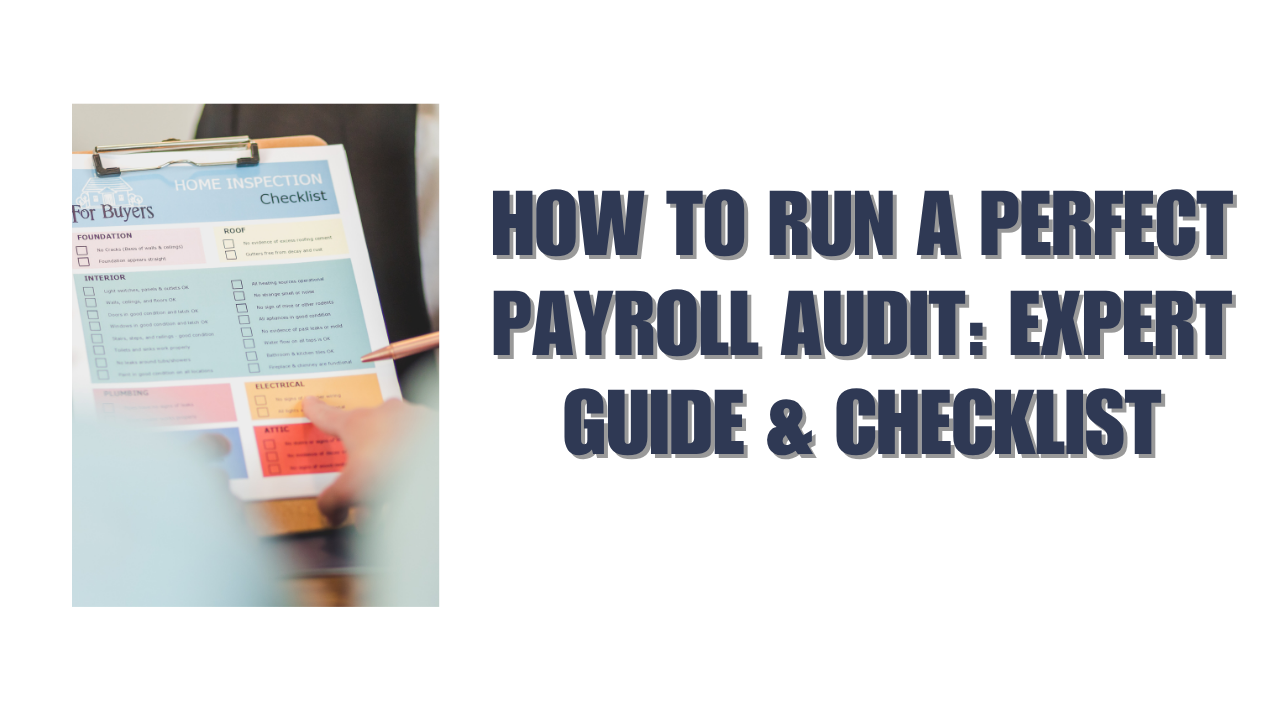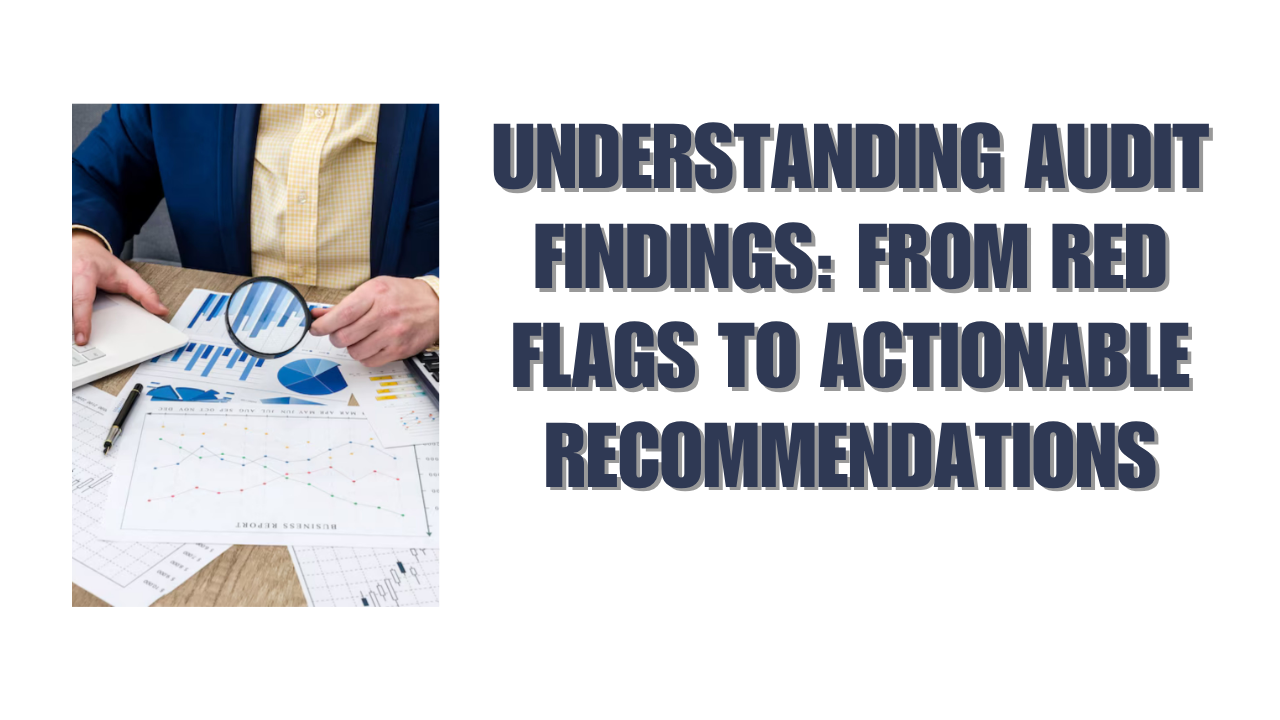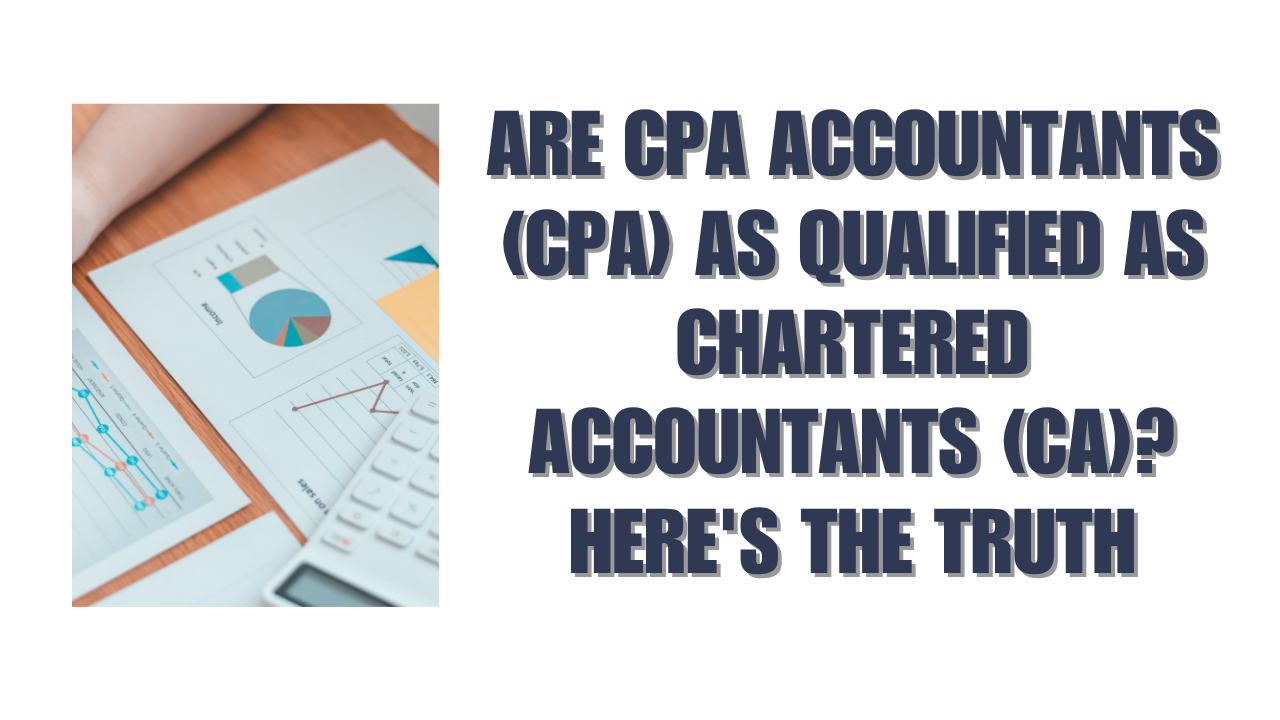Cloud accounting helps one-third of New Zealand’s small businesses manage their finances. Subscription plans start at just $29 a month, making cloud-based accounting software an available solution for businesses of all sizes.
Cloud accounting software has changed the way businesses handle financial tasks – from tracking expenses and managing payroll to monitoring cash flow. The software offers immediate updates, automated invoicing, and secure data encryption. Business owners can access their financial data from any device while keeping sensitive information safe.
This piece explores how cloud accounting software helps New Zealand small businesses streamline operations, cut costs, and make better financial decisions.
Why NZ Small Businesses Need Cloud Accounting
Small businesses face many challenges when they use traditional accounting software. Finance staff members spend 72% of their time on routine tasks instead of strategic projects. Businesses waste around 120 working days each year just to handle paperwork.
Cloud accounting solves these problems. We eliminated manual data entry and cut down human error – this matters because 18% of accountants make financial errors every day. Businesses that use five or more digital apps saw 33% smaller revenue drops and lost 40% fewer jobs during COVID-19.
Moving to cloud accounting offers these benefits:
- Real-time financial visibility and automated updates
- Secure data storage with advanced encryption
- Smooth collaboration between business owners and accountants
- Reduced IT infrastructure costs
- Automatic backups and maintenance
Cloud accounting adoption in New Zealand has grown 40% in the last four years. This growth shows how the business world has changed, and manual processes are not enough anymore. Small and medium businesses still manually enter data into Excel 61% of the time. This creates extra work and opens the door to mistakes.
Cloud accounting represents more than just a better way to work – it’s essential for survival in our digital age. The numbers tell the story: 48% of CFOs plan to invest heavily in accounting technology. Businesses that stick to traditional methods risk falling behind their competition.
Key Features of Cloud Accounting Software
Cloud accounting software packs powerful features that make financial management easier. We automated bank feeds that let transactions flow right into your accounting system every business day. This automation cuts out manual data entry and keeps your financial records up to date.
These platforms also come with strong mobile features. Xero’s mobile app lets users create invoices, manage quotes, upload receipts, and handle bank reconciliations anywhere. MYOB also has specialized apps to name just one example for invoicing and document capture.
Tax compliance becomes easier with this software. Both major platforms connect directly with the NZ Inland Revenue Department for electronic GST filing at 1, 2, and 6 monthly intervals. You can add essential payroll functions as extras, and MYOB provides these services at NZD 2.56 per employee monthly.
Cloud accounting platforms merge naturally with business tools of all types, including:
- CRM systems
- Payment processors
- Inventory management solutions
- E-commerce platforms
The ability to collaborate in real time makes this software special. Business owners, accountants, and bookkeepers can work on the same financial data at once. Your data stays safe with automatic backups and multiple security layers, which removes worries about data loss or unauthorized access.
Setting Up Cloud Accounting for Your Business
Cloud accounting needs careful planning and a step-by-step implementation. A full migration strategy will give a smooth transition with minimal disruption to your business.
Original Assessment and Planning You should assess your current accounting system and find areas to improve before implementation. A detailed migration plan that has data backup, timeline, and resource allocation needs to be developed.
Your cloud accounting implementation will succeed with these key steps:
- Evaluating and cleaning existing financial data
- Creating detailed data mapping for the new system
- Setting up bank feeds and payment gateways
- Configuring tax codes and financial settings
- Establishing user access and permissions
Training makes a big difference in successful implementation. Many providers have detailed support packages, with Xero certification taking approximately 6-8 hours to complete. Your business should set aside enough time to train staff and let them get familiar with the system.
Security stays crucial during the setup process. Your chosen provider should offer reliable data encryption and regular backups. Cloud accounting platforms handle software updates and maintenance automatically, which removes the need for manual work.
Implementation costs change based on business needs, with subscription plans starting from NZD 54.58 for MYOB and NZD 59.70 for Xero per month. We reduced IT infrastructure expenses and improved operational efficiency to offset these costs.
Conclusion
Cloud accounting has become a transformative solution for New Zealand businesses of all sizes. Business owners can now spend more time growing their companies because these platforms automate processes, update in real-time, and manage data securely.
The benefits are clear when small businesses move to cloud accounting. Teams save 120 working days each year that they previously spent on manual work. Companies that use digital solutions showed greater strength during economic downturns and maintained better employment levels with smaller drops in revenue.
Cloud-based financial management shows how successful businesses work today. The original cost might look high, but cloud accounting makes financial sense for most small businesses through lower IT expenses and better operations.
Businesses must embrace digital solutions to compete effectively. Cloud accounting makes daily tasks easier and helps companies grow in our digital economy.
FAQs
Q1. How does cloud accounting benefit small businesses in New Zealand?
Cloud accounting offers real-time financial visibility, automated updates, secure data storage, and seamless collaboration between business owners and accountants. It reduces IT infrastructure costs, eliminates manual data entry, and allows access to financial information from any device, helping businesses streamline operations and make smarter financial decisions.
Q2. What are the key features of cloud accounting software?
Key features include automated bank feeds, mobile accessibility, direct electronic GST filing with the NZ Inland Revenue Department, integration with various business tools, real-time collaboration capabilities, and automatic data backups with multiple security layers.
Q3. How much does cloud accounting software cost for small businesses in New Zealand?
Cloud accounting software subscription plans typically start from around NZD 55-60 per month, depending on the provider. While there is an initial investment, the costs are often offset by reduced IT infrastructure expenses and improved operational efficiency.
Q4. How can small businesses in New Zealand set up cloud accounting?
Setting up cloud accounting involves assessing current systems, developing a migration plan, evaluating and cleaning existing financial data, setting up bank feeds and payment gateways, configuring tax codes, and establishing user access. It’s crucial to allocate time for staff training and system familiarization.
Q5. How does cloud accounting impact a business during economic challenges?
Businesses using cloud accounting and other digital solutions have shown greater resilience during economic challenges. Research indicates that companies using five or more digital apps experienced 33% smaller revenue drops and 40% fewer job losses during the COVID-19 pandemic compared to those relying on traditional methods.





